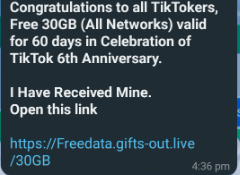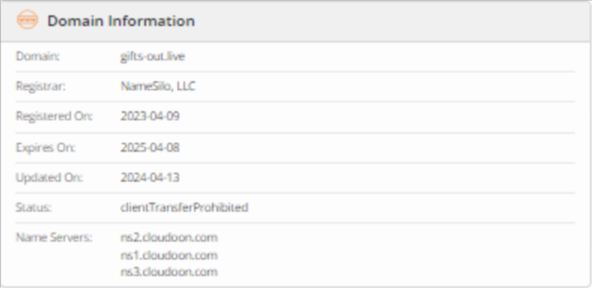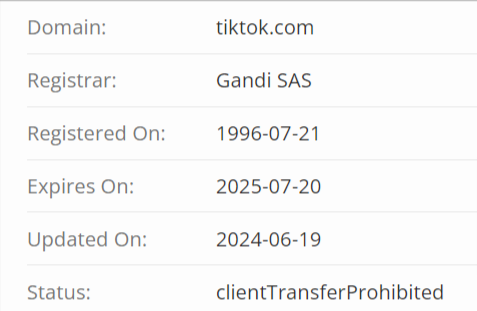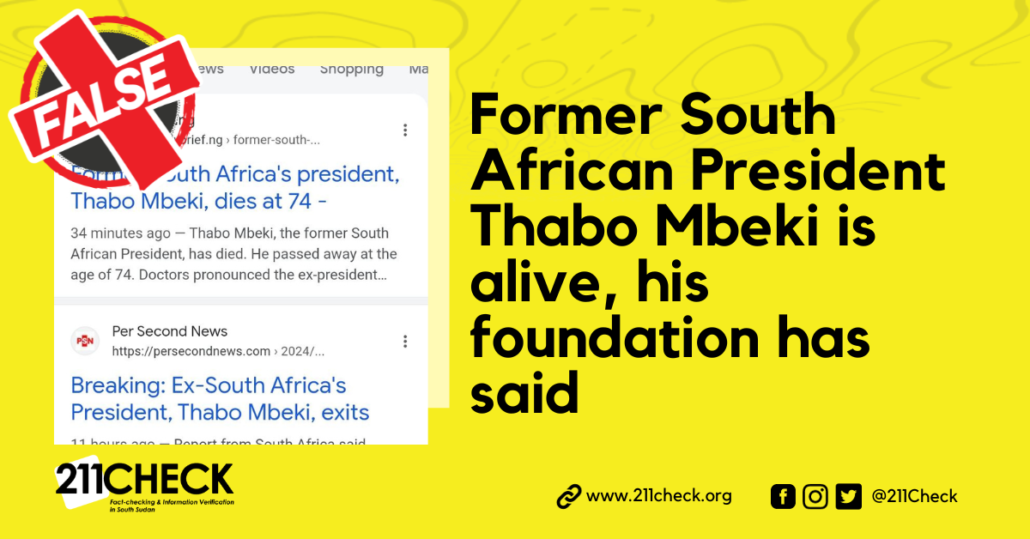Fact Check: No, the Ministry of Agriculture and Food Security is offering grants to agribusiness
The page advertising for the grants is a scam and a fraudulent Facebook account posing as the Minister of Agriculture and Food Security of South Sudan.
Writer: Beatrice Amude Paulino
A Facebook page impersonating the Minister of Agriculture and Food Security, Hon. Josephine Joseph Lagu, with the claim that her ministry is offering grants to agribusiness is fake and fraudulent.
The page transparency shows that it was created on August 12th, 2024 and on the same date, it posted the claim about the grant opportunities to agribusiness entities.
“The Ministry will channel investments towards Agriculture, providing financial support in the form of grants to Agribusinesses, Business Development Companies, Groups and Cooperatives that can benefit small farmers. Interested parties are advised to apply,” reads part of the fake Facebook post while directing prospective applicants to apply through a Google link in the post.
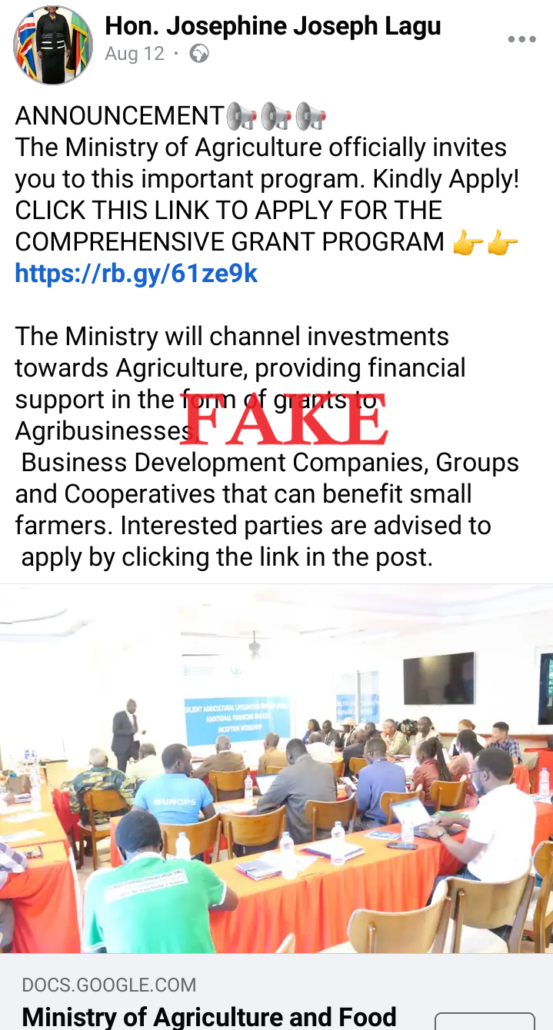
The screenshot of the fake page scam
It appears that those who might have fallen victim to the scam received a grant fund approval letter without an official stamp while bearing the name of Ms. Josephine Joseph Lagu, as the Chairlady of the grant committee. The document is being widely forwarded or shared in WhatsApp groups.
Screenshot of the fake grant fund approval letter
However, the Ministry of Agriculture and Food Security (MAFS) debunked the claim as a scam and fraudulent in a statement issued on its Facebook page on August 15th, 2024.
“We want to alert you to a recent scam involving a fraudulent Facebook account posing as the Minister of Agriculture and Food Security of South Sudan. Please be aware that this account is not affiliated with the official Ministry. To ensure you are receiving accurate and reliable information, always verify that you are interacting with our legitimate account, which is managed directly by our team. Our official page will never ask for personal information or money via direct messages,” reads a Facebook post statement by the Ministry of Agriculture and Food Security.
Screenshot of the statement by the Ministry of Agriculture and Food Security
Conclusion:
The Facebook post claiming to be from the Minister of Agriculture and Food Security, Hon. Josephine Joseph Lagu, is fake and fraudulent.
Neither the Ministry of Agriculture and Food Security nor the Minister have announced any grants to finance the agribusiness sector in South Sudan.
The page is not affiliated with the Agriculture Ministry, but it is being used to defraud and scam people.
To ensure accuracy and transparency, we at 211 Check welcome corrections from our readers. If you spot an error in this article, please request a correction using this form. Our team will review your request and make the necessary corrections immediately, if any.
It’s vital to fight misinformation and disinformation in the media by avoiding fake news. Don’t share content you’re uncertain about. False information can harm and mislead people, risking their lives—Fact-check before sharing. For more details, visit https://211check.org/, or message us on WhatsApp at +211 921 350 435. #FactsMatter.

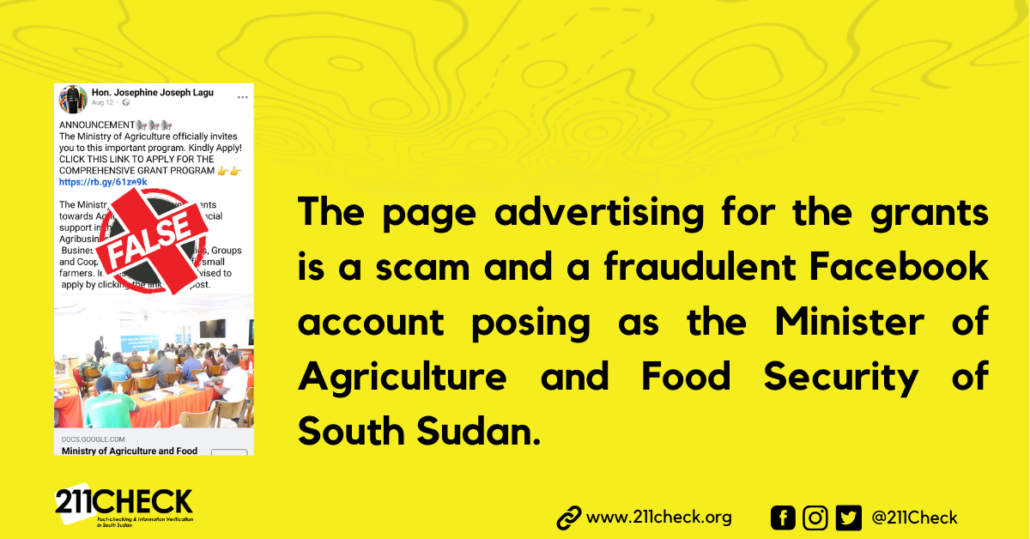 211 Check Website Graphics
211 Check Website Graphics 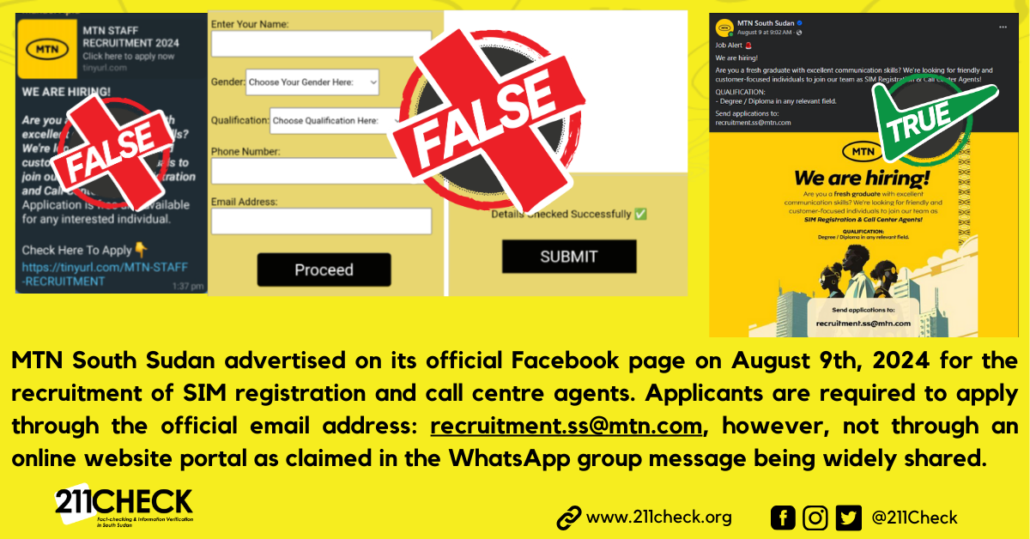 211 Check Website Graphics
211 Check Website Graphics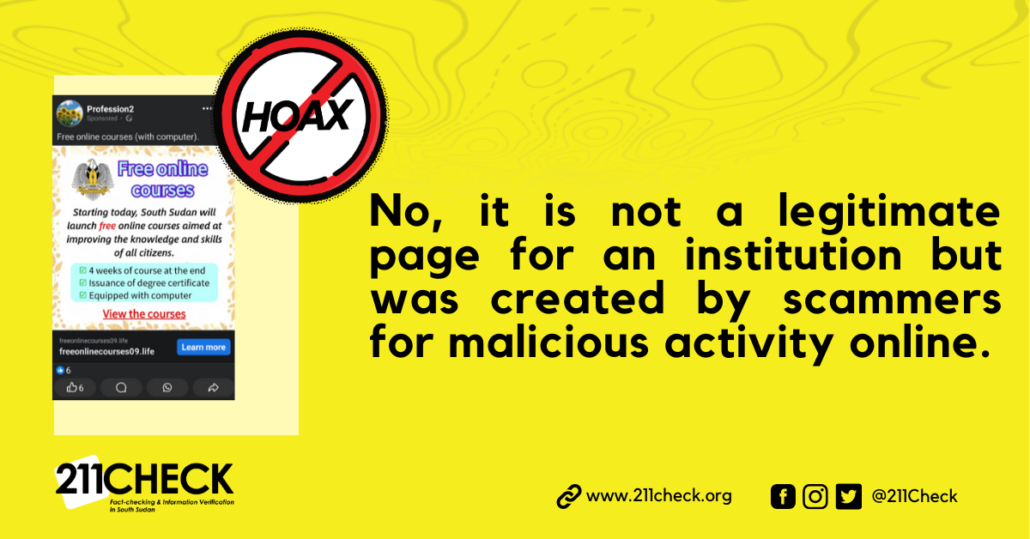 211 Check Website Graphics
211 Check Website Graphics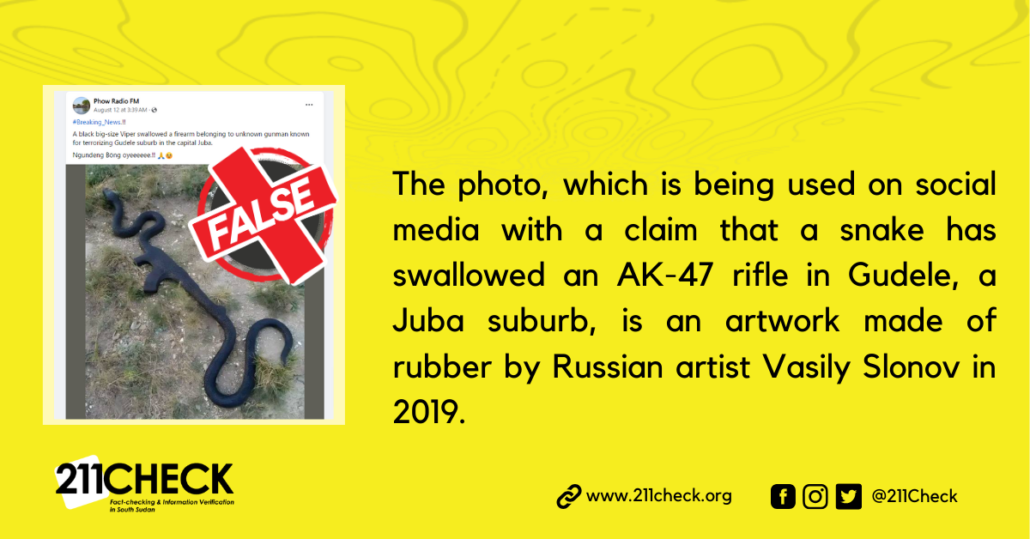
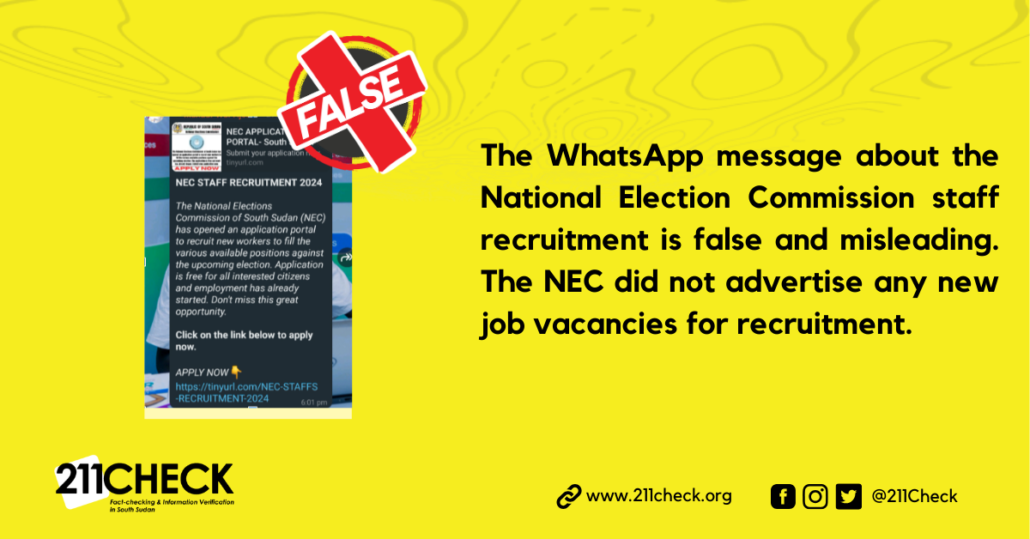 211 Check Website Graphics
211 Check Website Graphics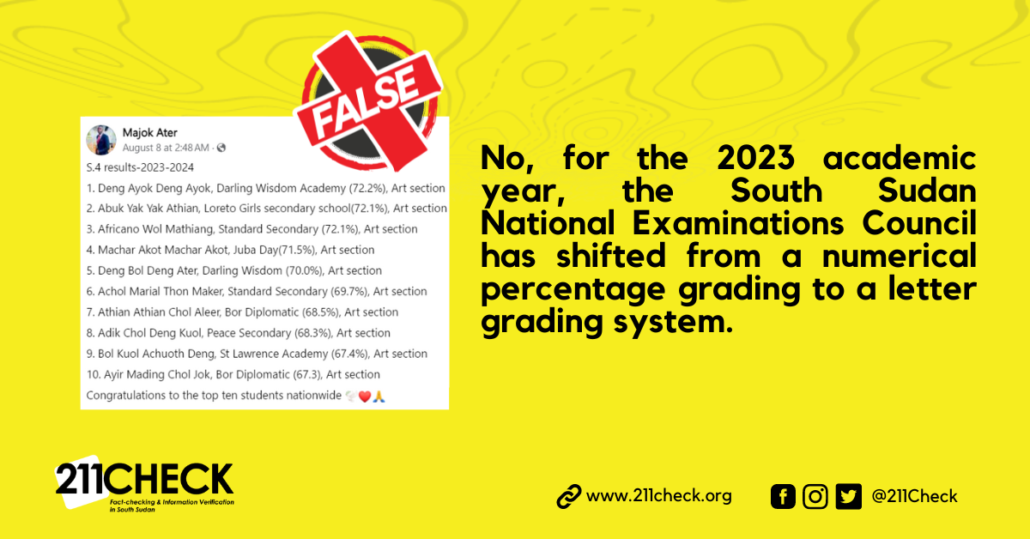 211 Check Website Graphics
211 Check Website Graphics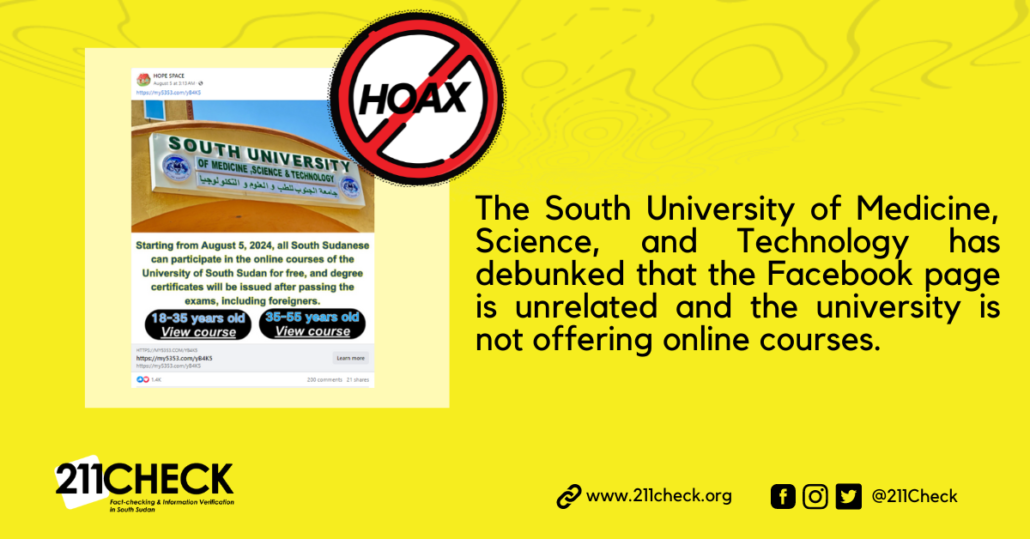 211 Check Website Graphics
211 Check Website Graphics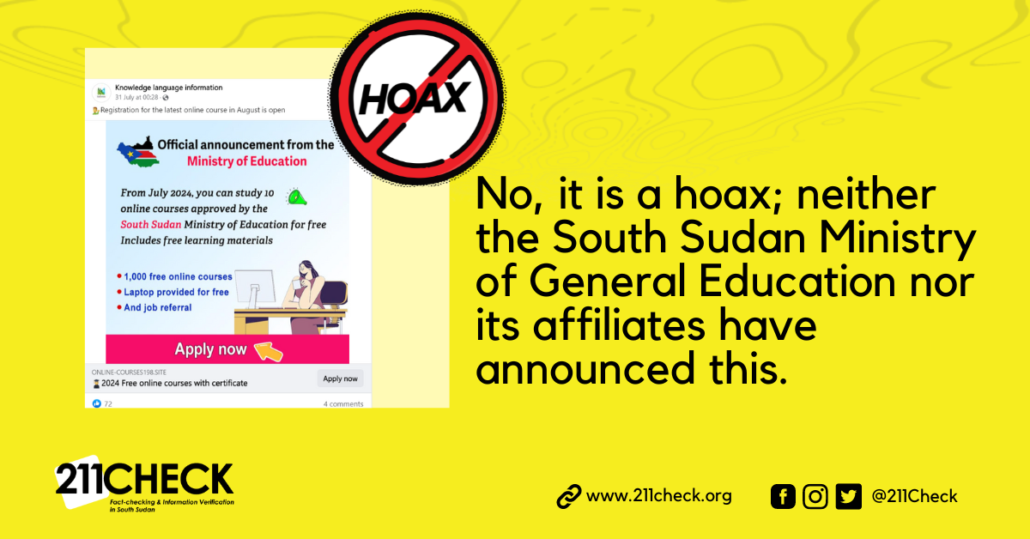 211 Check Website Graphics
211 Check Website Graphics 211 Check Graphics
211 Check Graphics